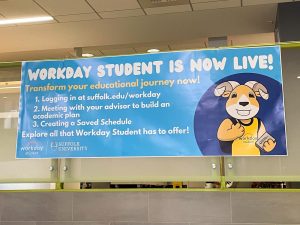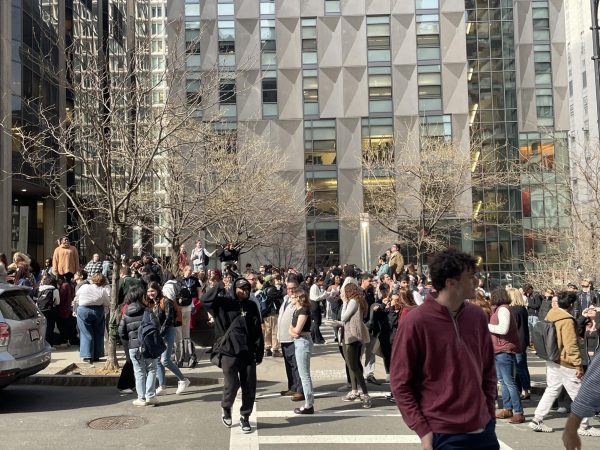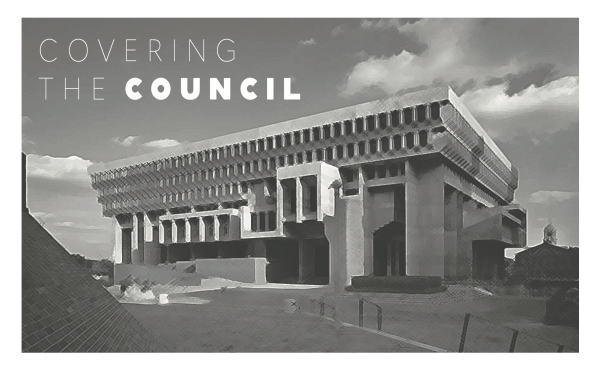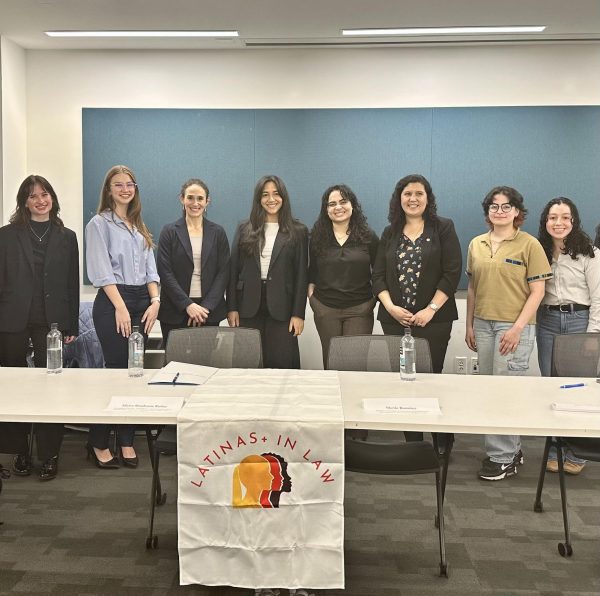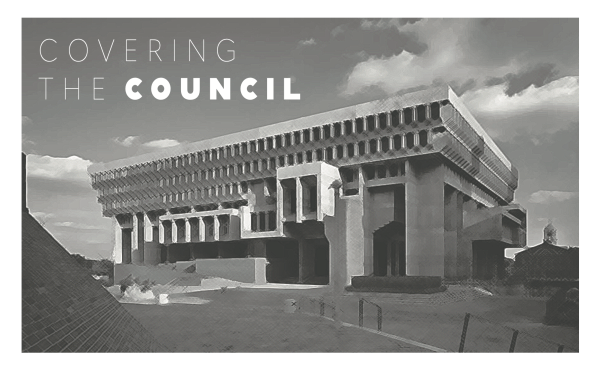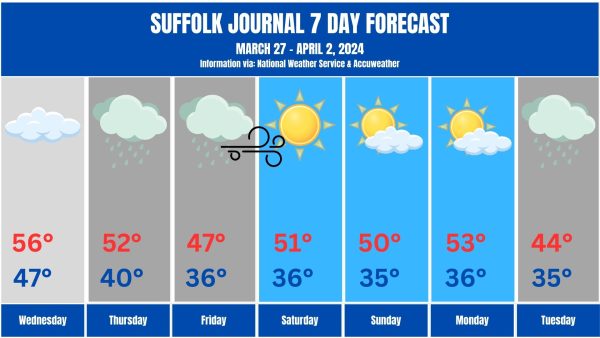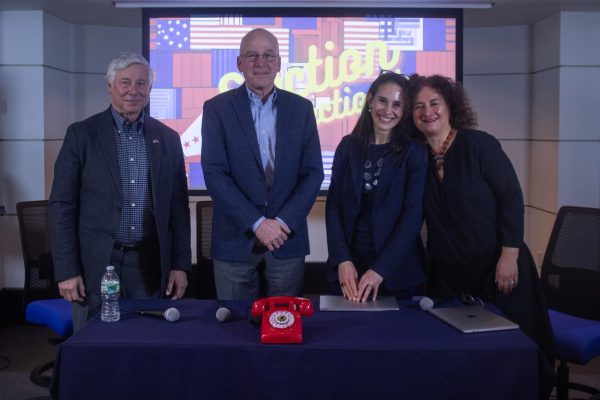Strong opinions on MBTA fare raise
February 3, 2016
The Massachusetts Bay Transportation Authority recently announced their fares will increase by 10 cents starting in early July. This follows a report that the MBTA plans to cancel late night service starting in early spring.
Alongside the increase of the subway service, monthly passes are subject to receive a hike of $9.50. As reported by the Boston Globe, the MBTA believes that the price increases will create up to $45 million in revenue. The revenue is supposed to balance out the budget and the overall expenses of running the Green Line.
For any commuter student, these two statements throw a wrench in travel schedules.
Frequent subway rider and Suffolk junior Monica Navarro had some negative opinions on the proposed price raise.
“Ridiculous,” she said with a frustrated huff. “Some people see it as nothing, but it all adds up, and every penny counts.”
Navarro rides the subway almost every day during the early morning and evening. Her commute schedule requires her to save money and spend most of it on her rides to get on campus.
“I’m still struggling from the last raise,” she added. “Putting more to that makes me [have to] plan accordingly on how much I should spend on the MBTA.”
Sydney Smith, a sophomore who lives right off of the Red Line, relies on the service to be up and running well. She believes the price increase is not worth it for those who ride the subway if it breaks down frequently.
“My family and I were outraged when the ‘T’ went from $2 to $2.10,” she said. “It is only making people increasingly more frustrated, especially when the trains continue to work so poorly.”
Smith also commented on the late night cancellation. “As for the possible removal of late night service, I am appalled,” she said. “There was no one, young and old alike, who thought that running the trains later was a bad idea.”
The increased price is shocking to most citizens in Boston. As reported by the Worcester Business Journal, Gov. Charlie Baker said, “The budget that we’re working on is not going to include any new fees or taxes in it.” The proposed raises seem to be considered fees in a lot of commuters’ eyes.
Other commuter students are affected by the prices and cuts. Andres Otero, a commuter from Bunker Hill Community College, works long hours and needs the late night service.
“I am really sad to see the late night service discontinued,” said Otero with a pessimistic tone in his voice. “I actually relied on it heavily. I would work sometimes until one in the morning.”
As for the proposed price increase, he said, “I think raising the price 10 cents is not fair. For us regular, everyday people struggling to make ends meet, it’s becoming hard to travel.”
The Boston Herald reported that on Jan. 18, there was a public forum for anyone who uses the subway service to voice their concerns with the proposal to cut the late night service. Suffolk sophomore and class senator Logan Trupiano attended the event.
“I feel like it’s my responsibility as senator to voice my concern with the MBTA,” Trupiano said. “I just wanted to get my point across about how important the late night service is to students,” adding that it is “too valuable.”
The 19-year-old government major said he wants to keep the late night service for commuter students’ well-being.
“It is considerably safer to take the ‘T’ than to walk from place to place late at night,” said Trupiano. “I feel like there would be more alcohol-related incidents, like students driving drunk or more drunken disorderlies, if they get rid of the late night service.”
Despite speaking up, Trupiano is complimentary of the service that the MBTA provides for the city of Boston.
“I’ve only had positive experiences when riding the ‘T,’” he said. “It varies, but I will usually ride it five times a week.”
There is currently no news on whether or not the MBTA plans to also increase the commuter rail prices.







